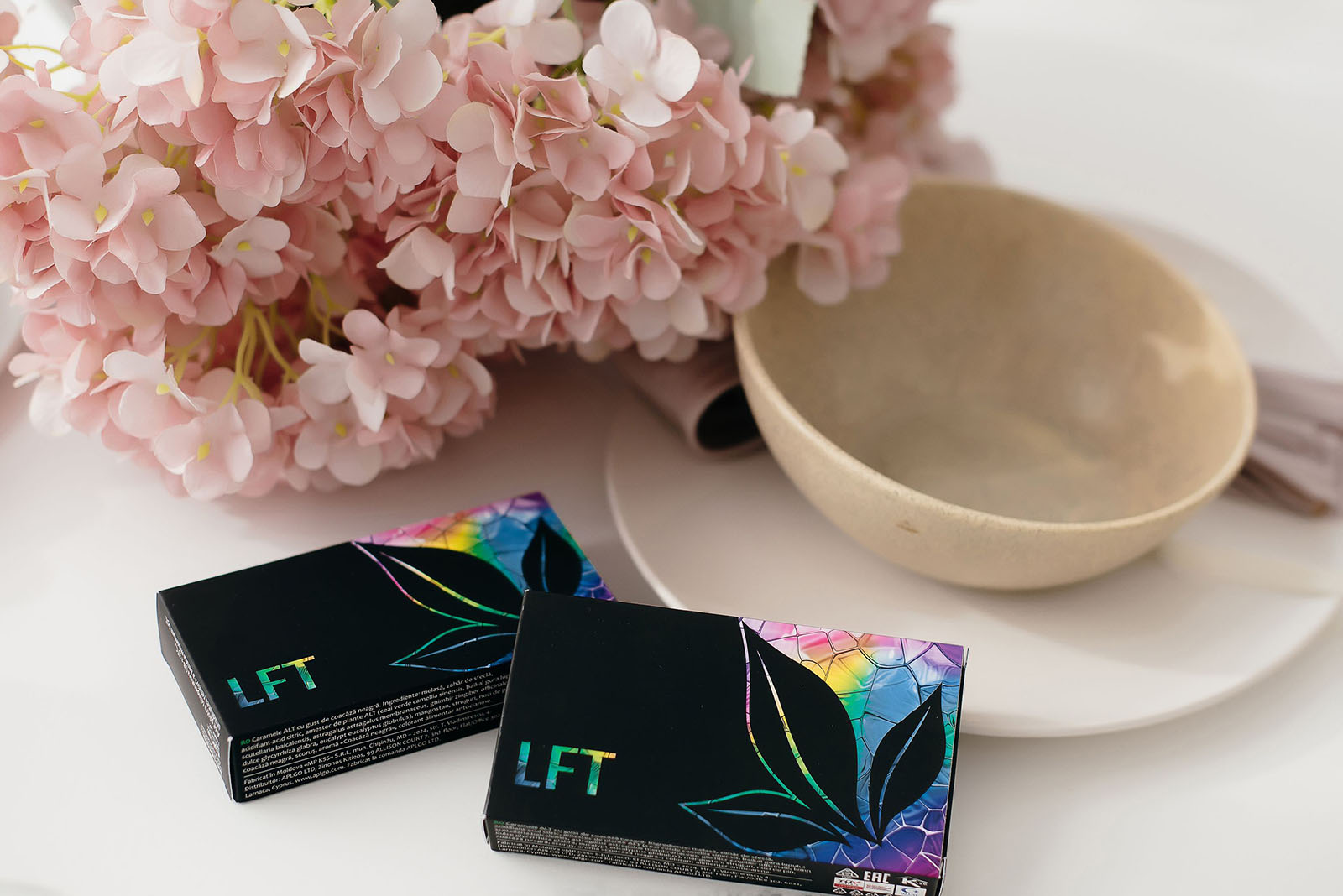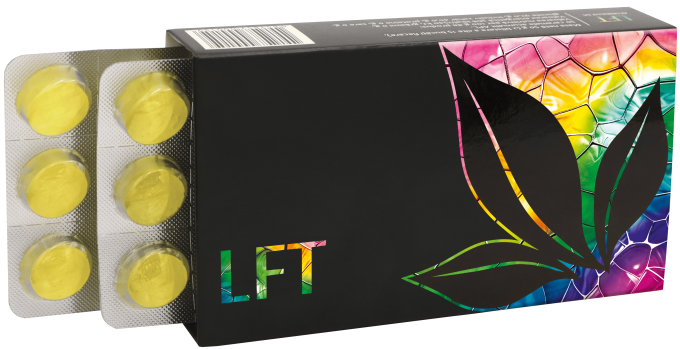
What Are Telomeres?
Telomeres are the protective caps found at the ends of our chromosomes. You can think of them like the plastic tips on the end of shoelaces, which prevent the laces from fraying. In our cells, chromosomes are long strands of DNA that contain our genetic information. Without telomeres, these vital DNA strands would become damaged, fused, or degrade during the process of cell division.
Each telomere is made up of repetitive DNA sequences (in humans, this sequence is TTAGGG repeated thousands of times) and associated proteins. Their primary role is to protect the integrity and stability of the genetic material.
Their Essential Function
The main function of telomeres is to safeguard our genetic code during DNA replication. Every time a cell divides, its DNA needs to be copied. The enzymes responsible for DNA replication cannot copy the very end of a chromosome. This means that with each replication cycle, a small portion of the chromosome would be lost if it weren't for telomeres. Telomeres act as a buffer, taking the brunt of this shortening and protecting the essential genes.
Beyond protecting against loss of genetic information, telomeres also prevent the ends of chromosomes from being recognized as DNA damage, which could otherwise trigger repair mechanisms that might cause chromosomes to fuse together or be degraded.
Telomere Shortening and Cellular Aging
One of the most significant aspects of telomeres is their natural shortening with each cell division. Most human cells lack significant telomerase activity, an enzyme that can rebuild and extend telomeres. As a result, telomeres progressively get shorter over a cell's lifespan.
When telomeres become critically short, the cell can no longer divide safely. At this point, the cell typically enters a state called "replicative senescence" (cellular aging) or undergoes "apoptosis" (programmed cell death). This mechanism acts as a built-in biological clock, limiting the number of times a cell can divide and is considered a fundamental aspect of the aging process and the development of age-related diseases.
Factors Influencing Telomere Length
While telomere shortening is a natural part of aging, its rate can be influenced by a variety of factors:
- Age: Naturally, telomeres shorten over a person's lifetime.
- Genetics: There are individual genetic variations that can influence starting telomere length and the rate of shortening.
- Lifestyle Factors:
- Chronic Stress: High levels of psychological stress can accelerate telomere shortening.
- Poor Diet: Diets high in processed foods, sugar, and unhealthy fats, and low in antioxidants, can negatively impact telomere length.
- Lack of Physical Activity: Sedentary lifestyles are associated with shorter telomeres.
- Smoking: Tobacco use is a significant factor in accelerated telomere shortening.
- Obesity: Excess body fat is linked to shorter telomeres.
- Chronic Inflammation and Oxidative Stress: Conditions that lead to persistent inflammation and cellular damage can speed up telomere attrition.
- Positive Influences: Conversely, healthy lifestyle choices such as a balanced diet rich in fruits and vegetables, regular exercise, stress management techniques (like meditation), and sufficient sleep are associated with maintaining telomere length or even potentially slowing its rate of shortening.
Why Telomeres Matter
Research into telomeres has opened new avenues for understanding aging and age-related diseases. Shorter telomeres are correlated with an increased risk of various conditions, including cardiovascular disease, type 2 diabetes, neurodegenerative disorders, and certain cancers. While we cannot stop telomere shortening entirely, understanding the factors that influence it empowers us to make lifestyle choices that support cellular health and potentially promote healthy aging.
ADVERTISEMENT

Turn Back Time with LFT!
Tired of counting wrinkles instead of blessings? LFT lozenges from APLGO are here to help nourish your cells and support a youthful appearance! Packed with goodies like ginger, pomegranate, and turmeric, LFT contributes to telomere health, supports normal cell division, boosts energy, and helps neutralize those pesky free radicals. Whether you're a health guru or just trying to keep up with the grandkids, LFT is your secret weapon for feeling fantastic! Get yours today and tell those aging blues to take a hike!

Back to Table of Contents